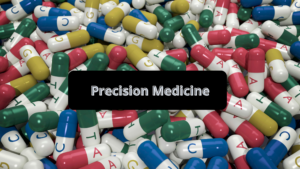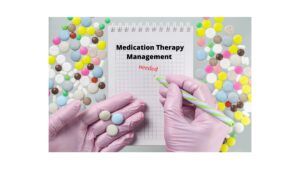It’s always been a major part of a pharmacist’s role to review patients’ profiles to check for drug interactions and adherence. The Medication therapy management (MTM) program was formally introduced by the United States federal government in 2003. The goal of the program is to improve medication use and reduce risks of adverse effects with the aim of achieving optimum therapeutic outcomes.
Several studies have shown that MTM’s which include comprehensive medication reviews (CMR) and targeted medication reviews (TMR) are effective at improving patient’s health outcomes and reducing health care cost.
Individuals have to meet specific criteria to be eligible for MTM and these include:
- Must have a Medicare Part D plan.
- Have several specified health conditions.
- Must be taking a minimum of 8 drugs (varies from plan to plan) that require close monitoring and annual prescription costs exceeds a specified amount.
I remember one of my early MTMs which was done face to face with the patient in a dedicated area with minimal disturbance. The patient brought in all her medicines including over the counter medicines for a comprehensive review. There were lots of questions from the patient, clarification, counselling and education which lead to the patient understanding why she was taking multiple blood pressure medicines and the reason why taking just one was not adequate for her condition. I also addressed the problem of non-adherence and discussed with her doctor about a major interaction between two of her medicines.
I have done many more MTMs which have involved collaborating with doctors’ offices, insurance companies, care homes and other pharmacies to resolve drug therapy problems.
The MTM was beneficial for both the patient and the healthcare system. The patient was able to meet her therapy goals and improve her quality of life and this was expected to minimize hospital admissions and reduce healthcare costs.
Other benefits of MTM include reduced drug duplications and avoidance of harmful side effects and drug interactions.
Although most MTMs are done for elderly patients, the service is also available to patients of all ages who meet the relevant criteria. MTM communications can take place face-face, via phone or virtually, on the internet.
Recommendations for the Future
- MTM should be extended to non-Medicare part D patients with complex medication regimens. Special consideration should be given to diabetic, cardiac and mental health patients amongst others.
- Most plans offer one comprehensive medication review per year, but an additional session should be considered for individuals on complex regimens.
- MTM should be offered to patients on complex regimens, transitioning from one health care setting to another or home, irrespective of if a session was previously conducted.
- Corporate organizations should consider incorporating pharmacist conducted MTM sessions into employee wellness programs.


